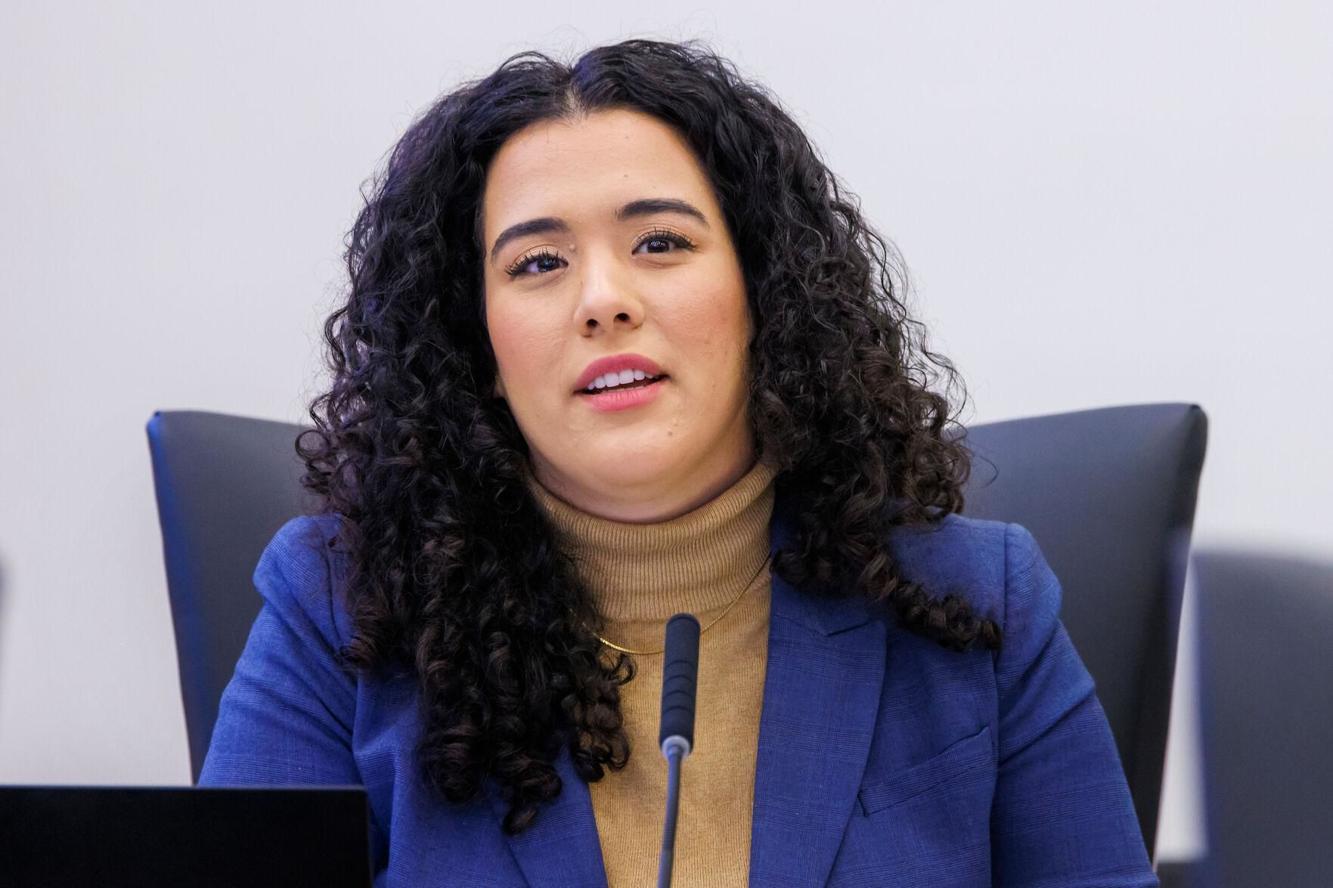The bill is expected to be approved by the Florida House, aiming funds towards rental and mortgage assistance and tax incentives for developers offering affordable housing.
By McKenna Harford
Florida House legislators will be taking up an affordable housing bill that could potentially change the state’s housing landscape with over $700 million in investments, but would also ban municipalities from enacting rent control.
State senators voted unanimously on March 8 to approve Senate Bill 102, known as the Live Local Act, which would provide tax incentives for developers offering affordable housing, increase funding for rental and mortgage assistance programs, expand multi-family zoning and prohibit rent control. The bill defines affordable rent and mortgage as not more than 30% of household income.
Sen. Alexis Calatayud, R-Miami, who sponsored the bill, said it encourages a number of options to increase the supply of affordable housing and is a proactive measure to tackle the housing shortage.
Investments include $252 million for the State Housing Initiatives Partnership, $150 million a year to the State Apartment Incentive Loan and an additional $100 million for the Hometown Heroes program, which provides housing for middle-income families.
The legislation also allows for property tax exemptions for nonprofit-owned land used for affordable housing and multi-family developments with at least 70 units restricted to 120% area median income or less.
“The priority of this policy, one of the main focuses, is to increase the amount of safe, affordable housing for Floridians who are here today to help deal with the enormous housing crisis we have in front of us, but also to help deal with the enormous growth that we’re experiencing every day,” Calatayud told fellow senators on March 8.
Sens. Rosalind Osgood, D-Broward, and Geraldine Thompson, D-Orlando, asked about the inclusion of the rent control prohibition, but did not push for it to be scrapped. Thompson noted rent control could help in “reining in exorbitant rents that landlords impose.”
Previous Attempts
Currently, rent control is difficult to enact in Florida because it requires a municipality to declare and prove a housing emergency, as well as get approval through an election. If approved, the rent control can only last one year and exempts luxury apartments. The prohibition in the Live Local Act would prevent municipalities from attempting this process.
Last year, Orange County became one of the first municipalities to see voters approve rent control with a 59% majority in favor of the proposal despite early controversy about the county declaring a housing emergency.
However, rent control has been delayed by a lawsuit filed by Florida Realtors and the Florida Apartment Association, which will be decided by the Florida Supreme Court.
“It is adverse and antagonistic to the public interest and to the interests of the Plaintiffs and their members to allow the Rent-Control Ordinance to be placed on the ballot or enforced by Orange County,” the associations said in their complaint, calling the ordinance “unlawful and invalid.”
The bill would silence the voices of 59% of Orange County residents, who in 2022 voted to enact a rent stabilization ordinance in response to skyrocketing housing costs in the region…
Orange County Commissioner Emily Bonilla pushed back against that, telling the Orlando Sentinel that people voted to keep a roof over their heads.
“The people voted in their best interests and for rent stabilization and did not fall for the lies and manipulation of the corporations who have been controlling the system with the money they take from everyday hardworking people,” Bonilla said.
Fear of litigation prevented St. Petersburg from asking for voter approval in 2022, but conversations are ongoing in Lake Worth Beach, which declared a housing emergency in August, according to WPTV.
In Defense
In response to her colleagues, Calatayud said rent control was a reactive measure attempting to curb costs, while the Live Local Act’s investments would create affordability.
“Rent control caps unaffordable market rate costs,” she said. “Our legislation is an answer to reducing unaffordable market rate costs.”
Calatayud did not respond to a request for an interview with the Homeless Voice.
A freshman lawmaker, Calatayud previously worked for the Florida Department of Education and ran on a campaign of addressing economic, educational and environmental issues.
According to Department of State election records, Calatayud received $6,000 in campaign donations from political action committees representing Florida Realtors, as well as donations from the Florida Homebuilders Association and the Florida Chamber of Commerce.
Multiple organizations, including the progressive watchdog group Florida Watch and the non-partisan, nonprofit Florida Policy Institute, oppose the rent control prohibition as pre-empting local control and limiting the ability to respond to the housing crisis.
According to the Joint Center for Housing Studies at Harvard University, Florida ranks first in the nation when it comes to the percentage of people who are rent-burdened, or paying more than 30% of their household income on rent.
“The bill would silence the voices of 59% of Orange County residents, who in 2022 voted to enact a rent stabilization ordinance in response to skyrocketing housing costs in the region,” Florida Watch said in a statement. “This state mandate would take away another tool for local communities, at the request of corporate landlords and big real estate interests.”
A Florida Policy Institute statement also questions the lack of accountability and transparency provisions in the legislation.
“It is encouraging to see the state prioritizing some forms of affordable housing,” the statement says. “However, the housing prioritized is mainly focused on workforce housing (Floridians making between 80 percent and 120 percent of the area median income) without also prioritizing people making 79 percent or less of area median income.”
The concerns seem to have fallen flat with Florida Senators. During the March 8 Senate discussion, Sen. Jason Pizzo, D-Hollywood, said rent control has never been the solution and called it “socialism.”
Legislators were overwhelmingly in support of the Live Local Act, calling it transformative and historic.
“This is a major step that goes along way in alleviating the housing shortage that plagues our state,” Sen. Darryl Rouson, D-St. Petersburg, said. “This bill will not end the conversation, but it marks a new beginning in how we look at the housing shortage.”



